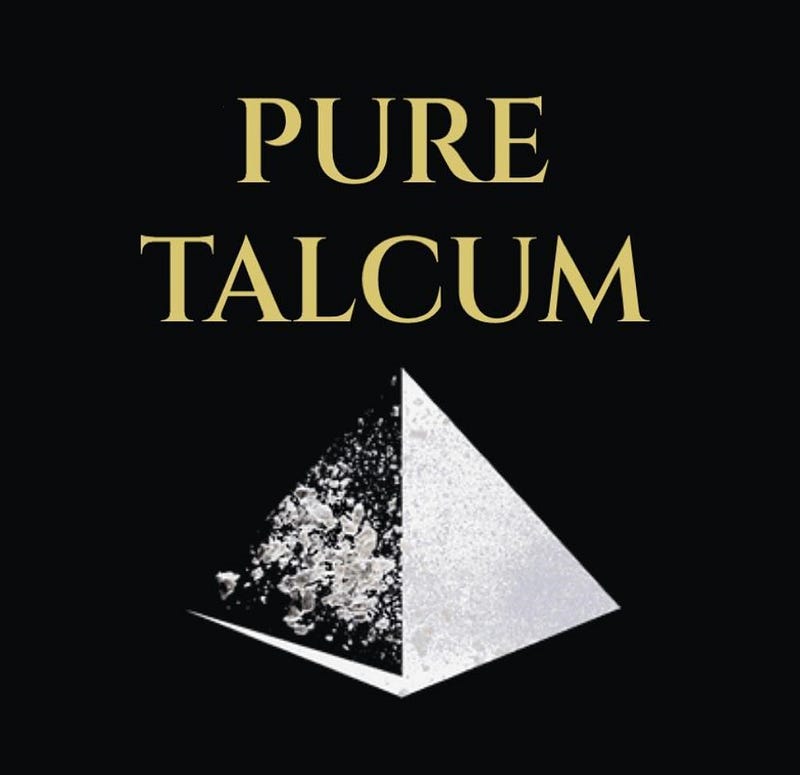Talc, a naturally occurring mineral primarily composed of magnesium, silicon, and oxygen, is known for its softness and has been utilized by humans for thousands of years. From ancient sculptures to modern-day cosmetics, talc’s versatility has made it indispensable in various industries. In this article, we’ll delve into the myriad uses of talc and highlight the sectors that heavily rely on this remarkable mineral.

1. Cosmetics and Personal Care
Talc’s softness, moisture absorption capabilities, and smooth texture make it a popular ingredient in cosmetics. It’s commonly found in:
- Face Powders: Talc helps in setting the makeup, providing a smooth finish, and reducing the appearance of fine lines.
- Blushes and Eye Shadows: It serves as a base, allowing for better pigment dispersion.
- Deodorants and Soaps: Talc absorbs moisture, preventing sweat and odor.
2. Pharmaceuticals
Talc is used as an excipient in the pharmaceutical industry, meaning it serves as a filler or binding agent, especially in:
- Tablets and Capsules: It aids in making the medicinal compounds more compact.
- Powders: Talc can be used as a base for medicated powders to treat various skin conditions.
3. Ceramics
In the ceramics industry, talc is valued for its ability to increase the translucency of ceramics, making them both aesthetically pleasing and more durable. It’s used in:
- Tiles: Enhancing their finish and strength.
- Sanitary Ware: Improving the firing properties and final product’s strength.
4. Paints and Coatings
Talc is used in paints and coatings to:
- Enhance Opacity: Helping to hide the substrate.
- Improve the Paint’s Feel: Giving it a smoother texture.
- Reduce Chalking: Prolonging the life of the paint.
5. Plastics and Rubber
Talc is added to plastics and rubber to:
- Increase Rigidity: Especially in automotive parts.
- Improve Heat Resistance: Useful in appliances and electronics.
- Enhance the Feel: Giving products a silky touch.
6. Food Industry
While not as common, talc is sometimes used as an anti-caking agent in foods, ensuring products like rice or dried foods don’t clump together.
7. Paper Manufacturing
In papermaking, talc serves to:
- Improve Printability: Offering a smoother surface for printing.
- Increase Opacity: Making the paper less transparent.
- Enhance the Feel: Giving it a more premium texture.
Industries That Rely Heavily on Talc
Given its diverse applications, several industries are heavily dependent on talc, including:
- Cosmetics Manufacturers: From global brands to indie makeup companies.
- Pharmaceutical Companies: Both for prescription drugs and over-the-counter products.
- Ceramic Producers: Including those specializing in tiles, pottery, and sanitary ware.
- Paint and Coating Manufacturers: Ranging from household paints to industrial coatings.
- Plastic and Rubber Manufacturers: Especially those in the automotive and electronics sectors.
- Paper Mills: Producing everything from writing paper to specialty papers.
- Food Producers: Particularly those in the dried goods sector.
Conclusion
Talc’s unique properties, from its softness to its ability to absorb moisture, have made it a sought-after mineral in various industries. As research continues and industries evolve, the applications of talc may expand even further, solidifying its position as a mineral of immense versatility and importance.

https://puretalcum.com/ Global Distributor of Talc and other minerals.
